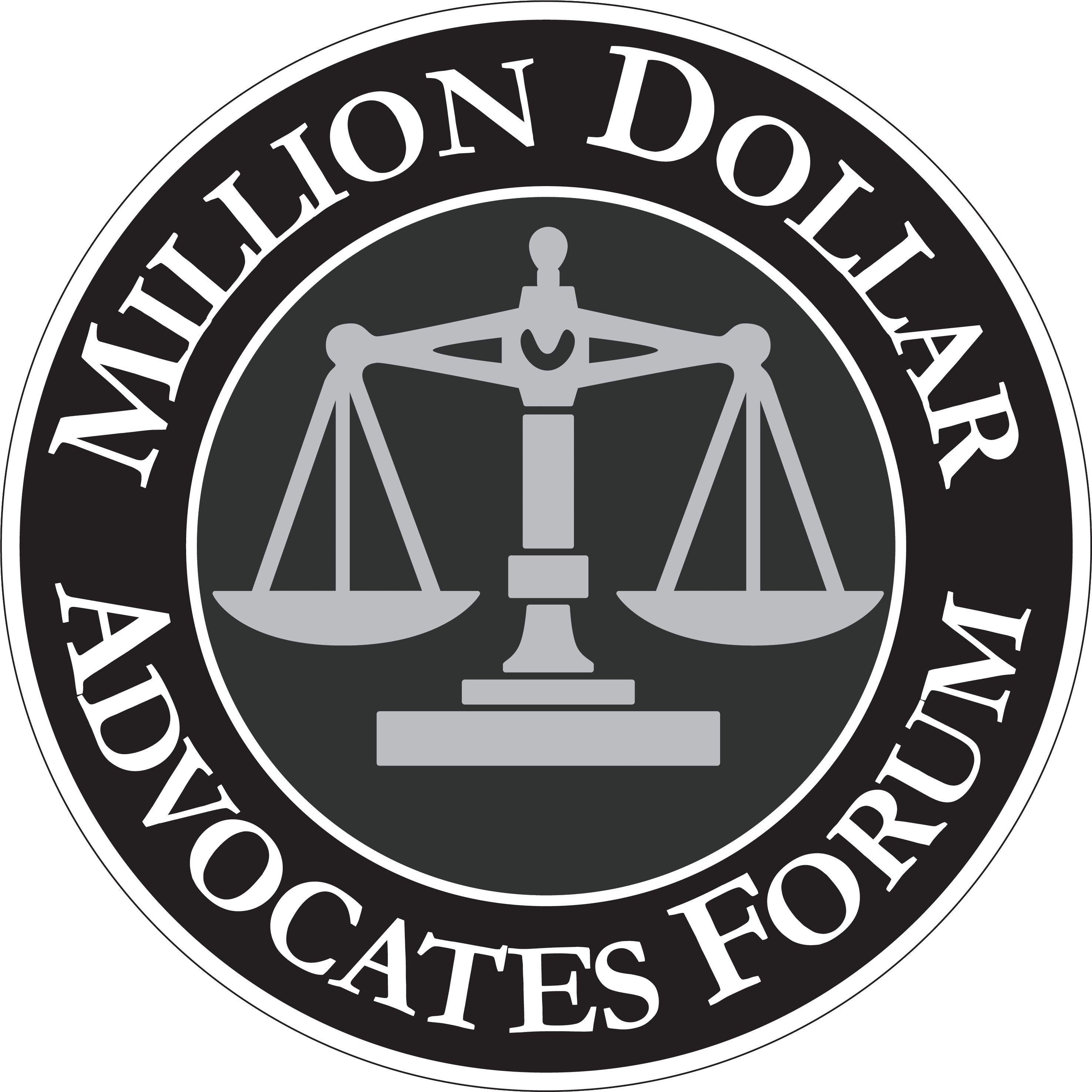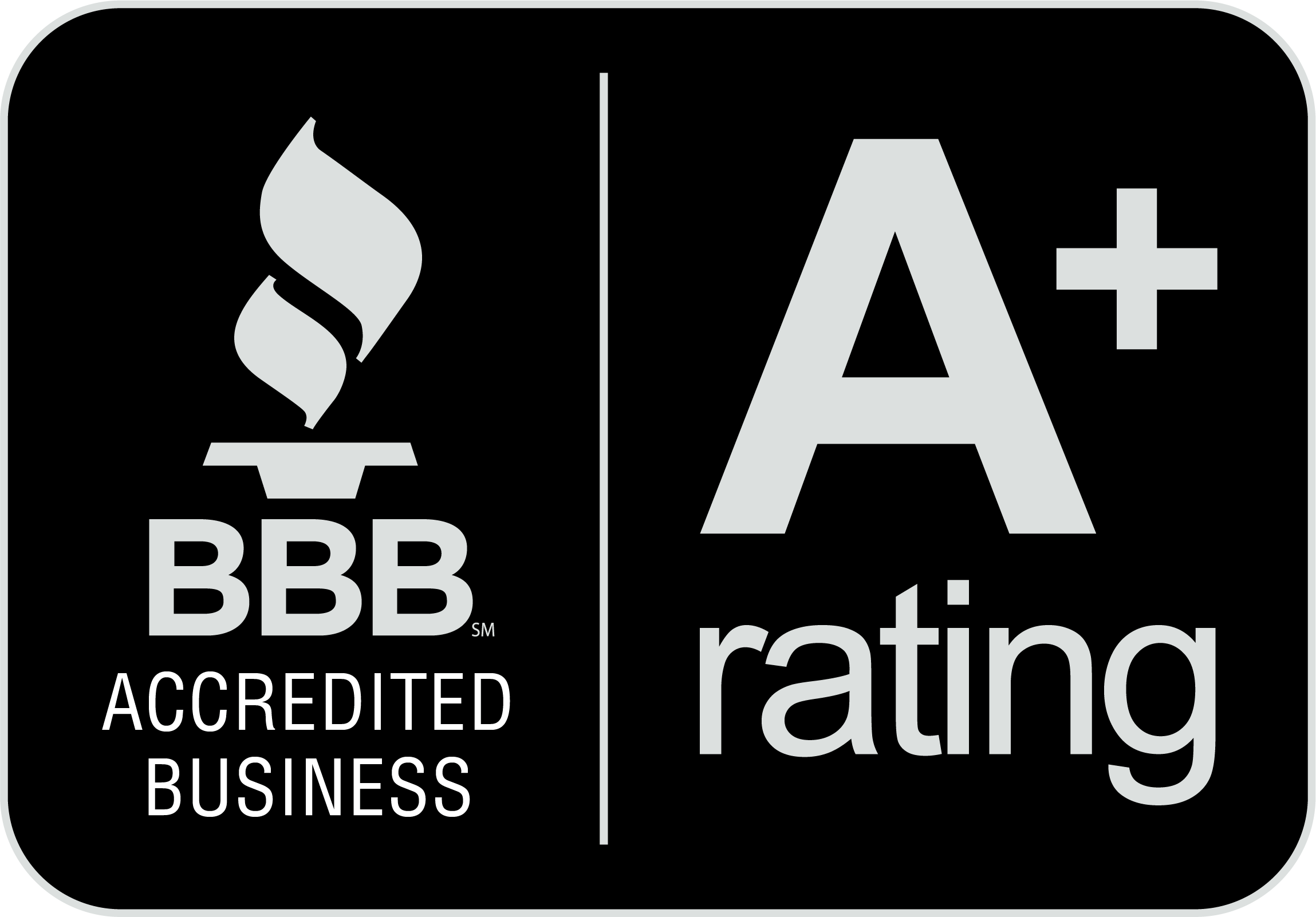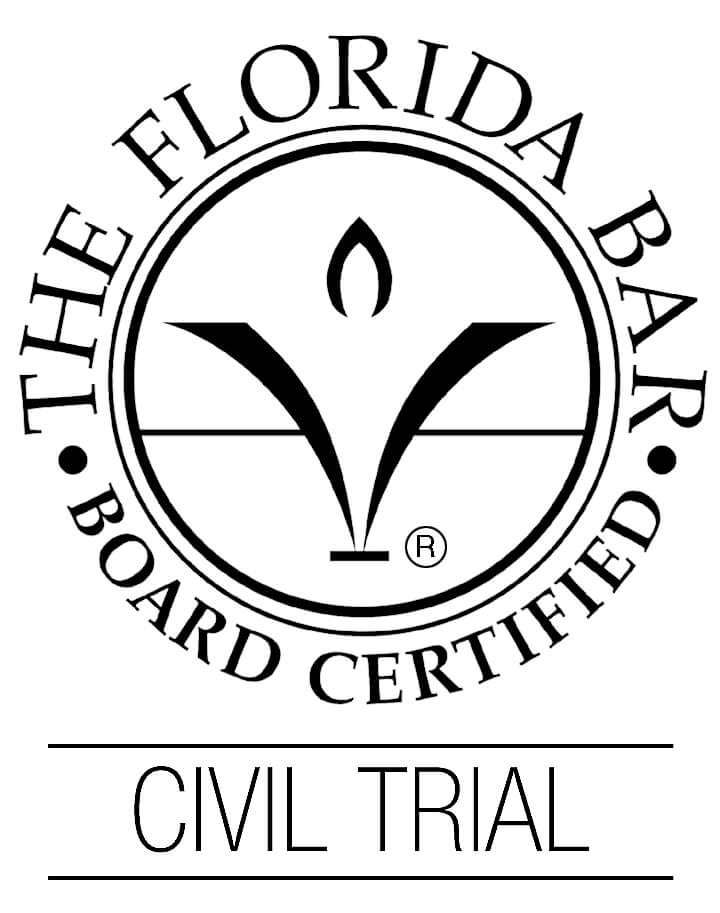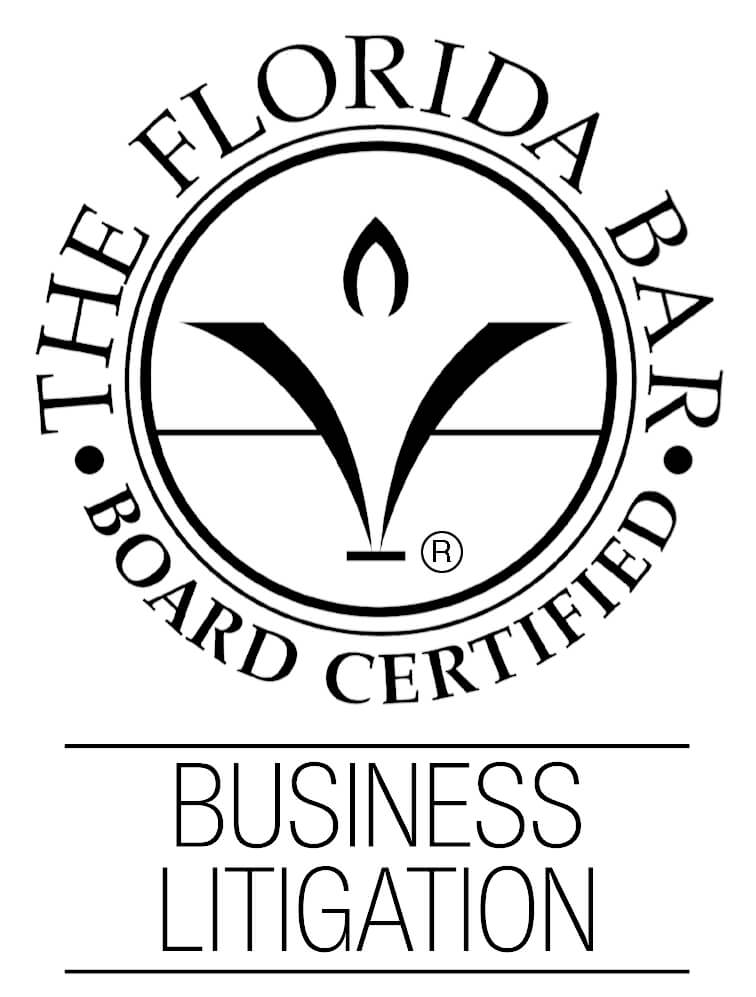Hurricane Damage
Hurricane season is an annual threat. Every year, Florida homeowners and business owners face strong winds, storm surge, and heavy rain that put properties and livelihoods at risk. When the storm passes, you’re left not just with damage but the stress of navigating an insurance system that’s supposed to help you recover.
Between confusing deductibles, overlapping flood and wind policies, and delayed responses from insurers, simple claims can quickly become frustrating and expensive. The process can feel designed to wear you down at times, but our team is here to help you through it.
If your hurricane claim is unnecessarily delayed, undervalued, or denied entirely, The Nation Law Firm has your back. Complete our free case evaluation to get started with us for no upfront costs.
Understanding Hurricane Insurance Coverage
Hurricane claims in Florida are often more complex than other types of property damage claims because multiple policies may be involved. A single event can trigger homeowners insurance, flood insurance, and windstorm coverage, each with its own terms, deductibles, and limitations.
- Most standard homeowners’ policies cover wind damage, including roof loss, broken windows, and structural harm caused by flying debris.
- Water intrusionis typically covered only if wind damage created the opening that allowed water to enter.
- Personal property loss, such as damage to furniture or electronics, is usually included within specific limits.
Flood damage, however, is almost always excluded from standard policies. If water enters your home from rising groundwater, storm surge, or street flooding, you’ll need a separate flood insurance policy for coverage.
Disputes often arise when insurers disagree over the cause of the damage. Some will try to push responsibility outside of their scope and onto a separate policy that you may or may not have. In either case, it’s important that you have a skilled attorney by your side.
The Nation Law Firm exists to support the great people of Florida when insurance companies act more like businesses than safety nets. If your provider isn’t honoring your claim fairly, you can get started with our team through a free case evaluation.
Common Challenges in Hurricane Damage Claims
You can have the most comprehensive coverage available and still face challenges in the claims process. Some of the most common challenges include:
- Application of High Hurricane Deductibles: In Florida, many policies apply a separate, higher deductible for hurricane damage. This often means you must cover thousands of dollars out of pocket before insurance pays anything, which can leave you with much smaller settlements than expected.
- Undervaluing of Damages: Insurers may ignore hidden structural damage, underestimate repair costs, or focus only on surface-level issues like cosmetic roof repairs.
- Delays in Processing or Payment: Companies often request repeated documentation, schedule slow inspections, or drag out communication, leaving you waiting months for essential repairs.
- Disputes Over Cause of Damage: Insurers may try to blame damage on flooding rather than wind, shifting responsibility to a different policy (or denying coverage entirely).
There’s no reason an insurance company should make your claim more difficult than it has to be. If your insurer is stalling, undervaluing your claim, or applying the wrong deductible, The Nation Law Firm can help you fight back and protect your rights.
5 Steps to Take After a Hurricane Damages Your Property
Strong claims are built from the very beginning, even before an adjuster sets foot on your property. By acting quickly, documenting carefully, and protecting your rights, you can take control of the recovery process and strengthen your position if disputes arise later.
Here’s what to do:
- Prioritize Safety First: Before anything else, make sure the property is safe to enter. Watch for structural damage, exposed wiring, gas leaks, and standing water.
- Document All Damage Thoroughly: Take clear photos and videos of every area affected, both inside and out. Capture wide shots and close-ups to fully show the damage.
- Prevent Further Damage: Florida law requires homeowners to protect their property after a loss. Temporary repairs, like tarping roofs or boarding windows, can help preserve your claim. Keep all receipts.
- Notify Your Insurance Company Promptly: Report the damage as soon as you can. Missing deadlines can give insurers an excuse to deny or delay payment.
- Request a Full Copy of Your Policy: Request a copy of your full policy documentation to refer back to later.
Above anything, prompt action is most often recommended. Doing so ensures evidence stays intact and that you’re on the fastest track to reaching your rightful payout.
How to Document Hurricane Damage
The right documentation is the foundation of a strong hurricane insurance claim. The more clearly you can show what was lost and how it happened, the harder it is for your insurer to complicate your rightful compensation.
Here’s how to build a solid record:
- Photograph and Video Everything: Use your phone or a separate camera to take pictures and videos of all damage inside and outside your property, including wide shots to show the overall scene and close-ups for specific damage. Time-stamped photos are ideal.
- Create a Detailed Inventory of Losses: List every damaged or destroyed item, including make, model, purchase date (if known), and estimated value. Use receipts, credit card statements, or old photos to back up your list when possible.
- Save All Repair Estimates and Receipts: Get written estimates from licensed contractors and keep receipts for any immediate repairs you make. These help set the baseline for what your insurer should cover.
- Keep a Record of Temporary Living Expenses: If you need to stay elsewhere while your home is being repaired, track your hotel bills, meal expenses, and transportation costs. These may be reimbursable under your Additional Living Expenses (ALE) coverage.
- Log Every Communication with Your Insurer: Save emails, letters, adjuster reports, and notes from phone calls. A clear timeline of what was said and when can protect you if disputes arise later.
Knowing what evidence to gather in your specific situation isn’t always straightforward. If you have questions about what to include in your claim, The Nation Law Firm is just a phone call away.
Additional Living Expenses (ALE) Explained
If a hurricane leaves your home unlivable, your insurance policy may help cover the extra costs you face while repairs are underway. This benefit is called Additional Living Expenses (ALE), but many homeowners don’t realize how far it can stretch.
What ALE Covers
ALE coverage typically reimburses you for reasonable costs beyond your normal living expenses, such as:
- Hotel or rental housing costs
- Restaurant meals, if you cannot cook at home
- Laundry, storage, and transportation expenses
- Temporary pet boarding, if necessary
How to Claim ALE
Start saving receipts immediately after you leave your home, even for small expenses. Track hotel bills, restaurant meals, gas for longer commutes, laundry services, and even pet boarding.
When submitting your ALE claim:
- Provide proof that your home is uninhabitable, including photos of the damage, a contractor’s report, or a local evacuation order.
- Keep expenses reasonable. Insurers may deny reimbursement for luxury hotels, premium meals, or non-essential services that they deem beyond basic needs.
Insurers will often request copies of your receipts along with a signed statement summarizing your additional living costs.
Common Pitfalls to Watch For
Some insurers try to limit ALE payouts by arguing that certain expenses were “excessive” or “unnecessary.” Others may end ALE coverage prematurely if they believe repairs should have been completed sooner, causing you to foot the bill unnecessarily.
Common pitfalls include:
- Exceeding daily ALE coverage limits
- Staying in luxury hotels instead of comparable housing
- Failing to track receipts for meals, gas, and lodging
- Delayed reporting of relocation expenses
- Expenses insurers label as “non-essential,” like entertainment or spa services
- Accepting early settlement offers that don’t cover full displacement time
- Incomplete documentation of why the home was uninhabitable
Knowing your policy limits and deadlines can help prevent these issues before they start. Request a copy of your policy as you file your claim, so you have the playbook of all the rules and guidelines that protect you.
Dealing with Denied or Delayed Hurricane Claims
Every day matters after a hurricane. When your insurance company delays payment or denies a valid claim, it can feel like you’re fighting two disasters at once. Fortunately, a denial or delay isn’t the end of your case.
Start by requesting a written explanation for the insurer’s decision and reviewing it carefully against your policy. Gathering additional documentation, such as updated repair estimates or expert assessments, can strengthen your position for an internal appeal.
Remember, the law says you don’t have to accept delays, excuses, or lowball offers. If the insurer continues to stall or offers an unfair settlement, our team can help you challenge the decision and push for the full recovery you’re entitled to.
Role of Deductibles in Hurricane Damage Claims
A deductible is the amount you must pay out of pocket before your insurance company contributes toward a covered loss. In hurricane claims, this number can be much higher than what homeowners expect, and it directly impacts how much money you receive.
What Is a Hurricane Deductible?
In Florida, many homeowners’ insurance policies have a special deductible that only applies when damage is caused by a named hurricane. Instead of a flat dollar amount, hurricane deductibles are usually a percentage of your home’s insured value, often between 2% and 5%.
For example, if your home is insured for $300,000 and you have a 5% hurricane deductible, you would be responsible for the first $15,000 of repairs before your insurer pays anything.
When the Hurricane Deductible Applies
The hurricane deductible typically applies once a hurricane watch or warning is issued for any part of Florida and continues for a short period after the storm ends, usually 72 hours. Importantly, it only applies once per hurricane season, even if multiple storms cause damage.
If you believe your insurance provider is wrongly representing your deductible, The Nation Law Firm can help you push back, advocate for fair treatment, and ensure your rightful compensation is protected.
Mold and Secondary Damages After Hurricanes
Hurricane damage doesn’t always stop when the storm passes. Mold, insulation issues, and other secondary problems often develop in the days and weeks that follow. If not handled correctly, they can cause major health risks and financial losses.
After a hurricane, keep a close eye out for:
- Mold growth on walls, ceilings, or behind furniture
- Musty odors in closed rooms or closets
- Sagging ceilings or bubbling paint
- Warped or rotting drywall
- Damp or contaminated insulation
- Wet or warped flooring
- Electrical issues from water intrusion
- Corrosion in appliances or HVAC systems
- Peeling wallpaper or cracked tiles due to moisture buildup
- Discoloration or staining around vents or light fixtures
These damages often develop slowly and may be overlooked in an initial inspection, but they can become costly and dangerous if left unaddressed.
Be thorough in your claim, document every issue, and push back if your insurer tries to leave these losses out. The Nation Law Firm can help you hold them accountable.
Business Interruption Coverage
If a hurricane forces your business to close, business interruption insurance can help cover lost revenue, stalled operations, and unexpected costs as you and the community recover from the damage. It’s typically added as additional coverage or bundled into a broader Business Owner’s Policy (BOP).
To qualify, most policies require direct physical damage to your property. Losses due to power outages, evacuation orders, or supply chain disruptions may not be covered unless your policy specifically includes them, so make sure to review this policy often to stay up-to-date with how you’re protected.
However, even if you’re covered to the fullest extent, there’s a risk that your provider will interfere with your claim. Keep clear records of when operations stopped, why they stopped, and how the storm affected your business to form a solid foundation to appeal. Our team can assist you in navigating this process, filing your appeal, and advocating for your rightful value.
Legal Support for Hurricane Insurance Disputes
When your insurance company delays, underpays, or denies your claim, you deserve more than frustration – you deserve a real solution.
Since 1997, The Nation Law Firm has helped Floridians hold insurers accountable and recover what they’re rightfully owed after devastating storms. We know how the process works, we know how to challenge unfair tactics, and we’re right here in your community, ready to help.
If you’re not treated fairly by your provider, we can:
- Review your policy in plain language
- Challenge denied or underpaid claims
- Handle communication and negotiation with your insurer
- File lawsuits when necessary to recover full compensation
- Hold insurers accountable for bad faith tactics under Florida law
And there are no upfront costs. Get started today with a free case evaluation from your local, trusted law firm.
Frequently Asked Questions
What types of damage are typically covered under a hurricane insurance policy?
Most hurricane policies cover wind-related damage to your home, roof, windows, and personal belongings. Some may also include water intrusion caused by wind-driven rain. Flood damage, however, is typically excluded unless you have separate flood insurance.
What steps should I take immediately after a hurricane damages my home or business?
Ensure safety first, then document all visible damage with photos and video. Notify your insurance company as and begin temporary repairs to prevent further loss, saving all receipts and communication records.
How do hurricane deductibles work, and how are they calculated?
Hurricane deductibles are usually a percentage of your home’s insured value and apply only to damage from named storms. In other words, this means you could be responsible for thousands of dollars in out-of-pocket costs before coverage begins.
What should I do if my insurance company delays or denies my hurricane damage claim?
Request a written explanation, review your policy, and gather any missing documentation. If your insurer continues to stall or underpay, our team can help you challenge their decision and pursue full compensation.
How can I prove that wind, not flood, caused the damage to my property?
Use time-stamped photos and professional inspections to show how wind compromised your roof, windows, or structure before water entered. Reports from third-party experts or formal weather data may also help clarify the cause of loss.
What is Additional Living Expenses (ALE) coverage, and how can I claim it?
ALE helps cover temporary housing, meals, and other extra costs if your home becomes unlivable after a hurricane. For the best chance of claiming full value, save all receipts and document why each expense was necessary due to the damage.
Can I file a claim for mold or secondary damage after a hurricane?
Yes. If the mold or secondary damage (like warped flooring or rotting drywall) resulted from a covered storm-related loss, it’s typically eligible for coverage. Be sure to document it early and make your claim as detailed as possible..
How can an attorney help resolve disputes with my insurance company?
Our team can review your policy, challenge unfair denials or delays, and file a lawsuit if necessary. We can also communicate directly with your insurer, giving you a chance to step away from the day-to-day communications and focus on the recovery.
What should I do if my business experiences interruption due to hurricane damage?
You can file a claim for business interruption insurance, should you have opted for it in your policy. Document when and why your business operations stopped, and keep records of lost revenue, payroll, and ongoing expenses to set a strong foundation for your claim.
How long does the claims process typically take for hurricane-related damages?
Insurers in Florida must acknowledge and begin investigating claims within 14 days and provide a coverage decision within 90 days. However, delays are common, especially after major storms, which is why it’s important to stay organized and proactive.






.svg)
